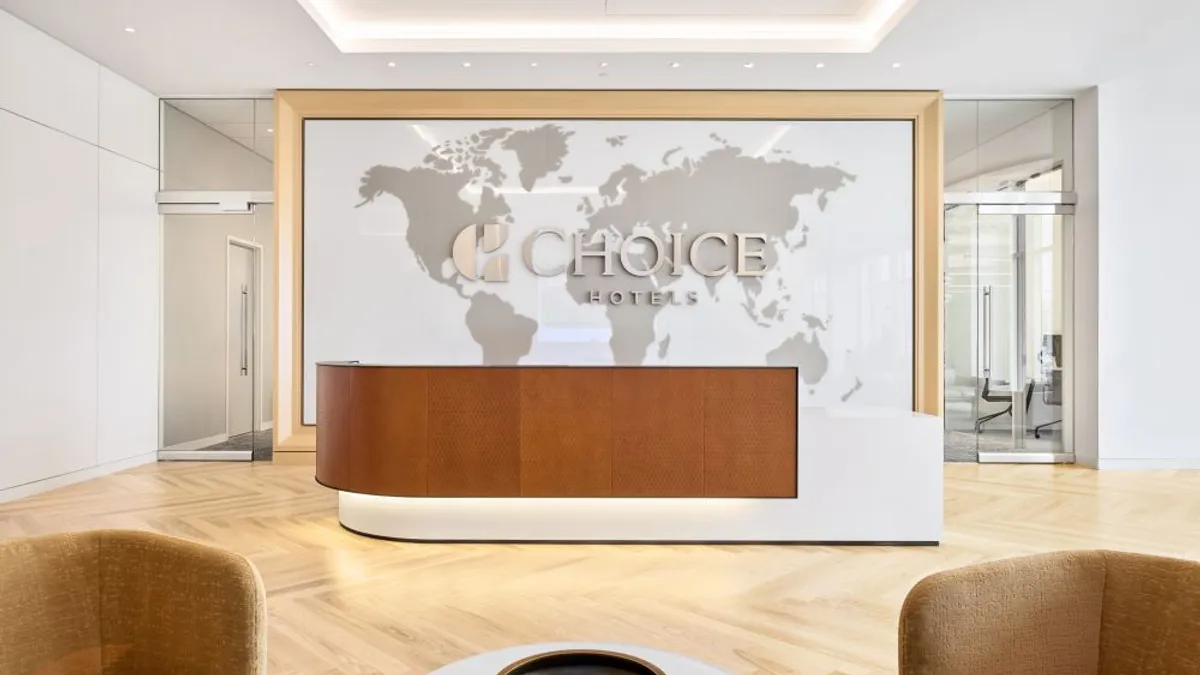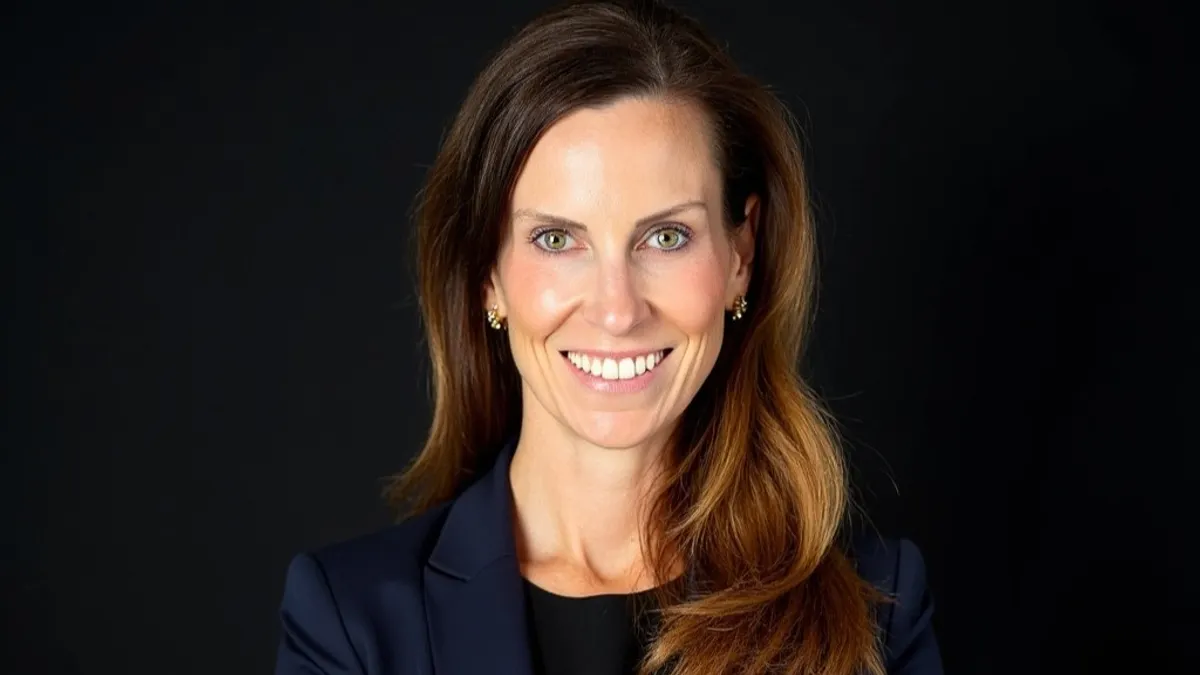PHOENIX — The first eight months of 2025 may not have gone as most hotel developers expected.
The year, so far, has been characterized by problem after problem, several hotel chief development officers detailed during a panel at this year’s Lodging Conference in Phoenix. Tariffs, a lack of travelers and geopolitical tensions have been a triple whammy for the industry, the pros shared.
However, it’s not all doom and gloom. The leaders from Hilton, IHG Hotels & Resorts, Choice Hotels International, Hyatt and Wyndham Hotels & Resorts expressed optimism for the future of hotel development, noting several big opportunities they see for growing their portfolios as next year approaches.
The terrible 2025?
The development heads on the panel, including Hyatt Head of Americas Development Daniel Hansen and Choice Chief Development Officer David Pepper, weren’t shy in highlighting the major challenges the hotel industry has faced in the first several months of 2025. An overwhelming theme was tariffs.
This year, “there’s always been something top of mind — tariffs, interest rates, politics, geopolitical concerns,” Hansen said. Pepper, meanwhile, said tariffs “held up the interest rate reductions that we all thought were coming earlier in the year.”
Wyndham’s chief development officer, Amit Sripathi, noted that policy actions from the second Trump administration clouded industry optimism at the top of the year. “Some of those showers were heavy and created a lot of chaos, but they were brief,” he said, adding that in light of current uncertainty, hotel developers believe the industry is resilient.
Kevin Schramm, IHG’s SVP of essential and suites brand development for America and Canada, pointed to similar optimism.
“I’m thankful that we made it through all the challenges earlier in the year,” Schramm said, adding that at the start of 2025 it felt like “there was going to be propulsion in the industry — more and more development, more interest level in development,” which has in fact “come to fruition.”
Top hotel growth opportunities
Despite a still uncertain economic climate, the development leaders said there are several opportunities for hotel players — including using the downturn to their advantage.
Choice’s Pepper said considering growth in international markets like Canada could be advantageous. In July, Choice acquired the remaining 50% interest in Choice Hotels Canada, expressing intent to expand significantly in the market amid weakened international tourism to the U.S.
“If anybody knows what’s going on at the border, Canadians are staying in Canada, and we are seeing double-digit RevPAR increases in all the provinces in Canada,” Pepper said. “There's a big opportunity for us for growth in those Canadian markets because they are totally under supplied. It was really great timing for us, with what’s going on politically.”
The current economic climate also presents opportunities for hotel developers to enter the market at a lower cost, the pros shared.
“In this environment, is when it’s a great time to acquire hotels,” Pepper said, noting that developers who do so will “come out as the real winners.”
Looking at specific markets, those with proximity to AI data center investments have significant upward growth potential, Wyndham’s Sripathi said. These centers take several years to build, and while they may not be the demand generators themselves, they could change the surrounding market dynamics for years to come, he said.
The upscale and extended stay segments also remain strong areas of growth, the pros noted.
And while it may not be feasible for every developer, those with available capital would be smart to build new, according to Pepper.
“It is a great time to build because, typically what happens, is you’re going to open up in two years when the market’s coming back and it’s going strong and the interest rates are good. You’re going to refinance and you’re going to be in a really great spot because you’re going to be the newest one in the market.”
Developers should ‘jump in’
IHG’s Schramm similarly noted that now is the right time for developers to “jump back in and be optimistic.”
“Too often, particularly when you talk about new development, the herd’s late to the party,” Schramm said.
Helping developers feel confident in doing so will be additional rate cuts, Sripathi forecast, though the reductions will not be “what we saw five years ago” following COVID-19, he said. On Sept. 17, the Federal Reserve cut its benchmark interest rate by 25 basis points.
Rate cuts will start to catalyze deal activity into next year, and “once you see a few transactions in the market, everyone has a fear of missing out” and more deals will follow, Sripathi said.
Hilton’s chief development officer, Christian Charnaux, meanwhile, projected that next year the hotel industry will see “moderate, muted supply growth.”
An August survey from the American Hotel & Lodging Association found that rising costs and demand challenges are causing a significant portion of hotel owners nationwide to delay or cancel development and renovation projects.


















